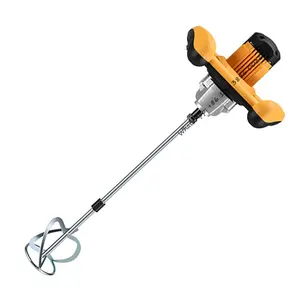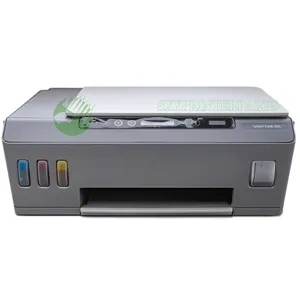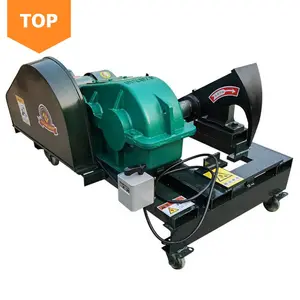Popular in your industry





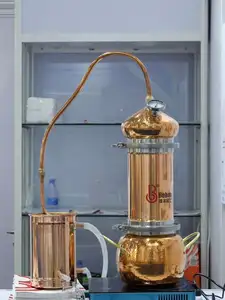












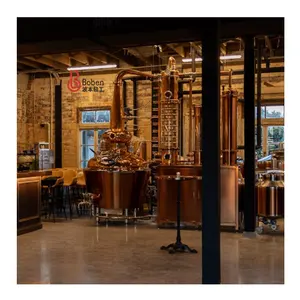



















































Top categories
About essential oil distilleries
Introduction to Essential Oil Distilleries
Essential oil distilleries are specialized equipment used in the extraction of essential oils from plant materials. These distilleries utilize steam distillation or hydrodistillation processes to extract the aromatic compounds from plants, producing high-quality essential oils used in various industries such as cosmetics, aromatherapy, and pharmaceuticals.
Types of Essential Oil Distilleries
Essential oil distilleries come in various types and sizes, ranging from small-scale home distillers for essential oils to large industrial distilleries. Home distillers are ideal for individuals or small businesses looking to create essential oils on a small scale, while industrial distilleries are designed for larger production volumes and higher efficiency.
Technical Specifications and Features
When selecting an essential oil distillery, it's essential to consider factors such as the material of construction, heating method, distillation capacity, and automation level. Stainless steel distillation tanks are preferred for their durability and resistance to corrosion, while electric or gas heating systems provide efficient heat transfer for the distillation process.
Moreover, the distillation capacity of the equipment determines the volume of plant material that can be processed in each batch. Industrial distilleries typically have larger capacities ranging from 100 to 1000 liters, allowing for continuous production and higher output.
Advantages of Essential Oil Distilleries
Essential oil distilleries offer several advantages for businesses in the aromatherapy and fragrance industries. The precise control of temperature and pressure during distillation ensures the preservation of delicate aromatic compounds, resulting in high-quality essential oils with potent therapeutic properties.
Furthermore, the versatility of essential oil distilleries allows for the extraction of a wide range of plant materials, including flowers, herbs, and roots, enabling businesses to create unique and custom blends of essential oils to meet market demands.
Use Scenarios and Applications
Essential oil distilleries are widely used in various applications such as herbal medicine production, perfumery, and flavoring industries. Small distilleries for essential oils are popular among artisanal producers and hobbyists seeking to create small batches of unique essential oils from their home-grown botanicals.
On the other hand, commercial distilleries cater to larger enterprises requiring mass production of essential oils for use in skincare products, candles, soaps, and other consumer goods. The versatility and scalability of essential oil distilleries make them essential equipment for businesses in the fragrance and wellness sectors.
Choosing the Right Essential Oil Distillery
When choosing an essential oil distillery, it's crucial to assess your production requirements, budget, and technical specifications. Consider factors such as the type of plants you will be distilling, the desired output volume, and the level of automation needed to streamline your production process.
Additionally, research the reputation and reliability of the manufacturer to ensure you are investing in a high-quality and efficient distillery that meets industry standards. Look for essential oil distilleries that offer customizable features and after-sales support to optimize your distillation process and achieve consistent product quality.
Maintenance and Care Tips
To prolong the lifespan and efficiency of your essential oil distillery, regular maintenance and proper care are essential. Clean the distillation equipment after each use to prevent the buildup of plant residues and impurities that can affect the quality of the essential oils.
Inspect and replace worn-out parts such as gaskets, seals, and heating elements to prevent leaks and ensure optimal performance. Additionally, follow the manufacturer's guidelines for operating temperatures and pressures to avoid damaging the distillation equipment during the extraction process.

